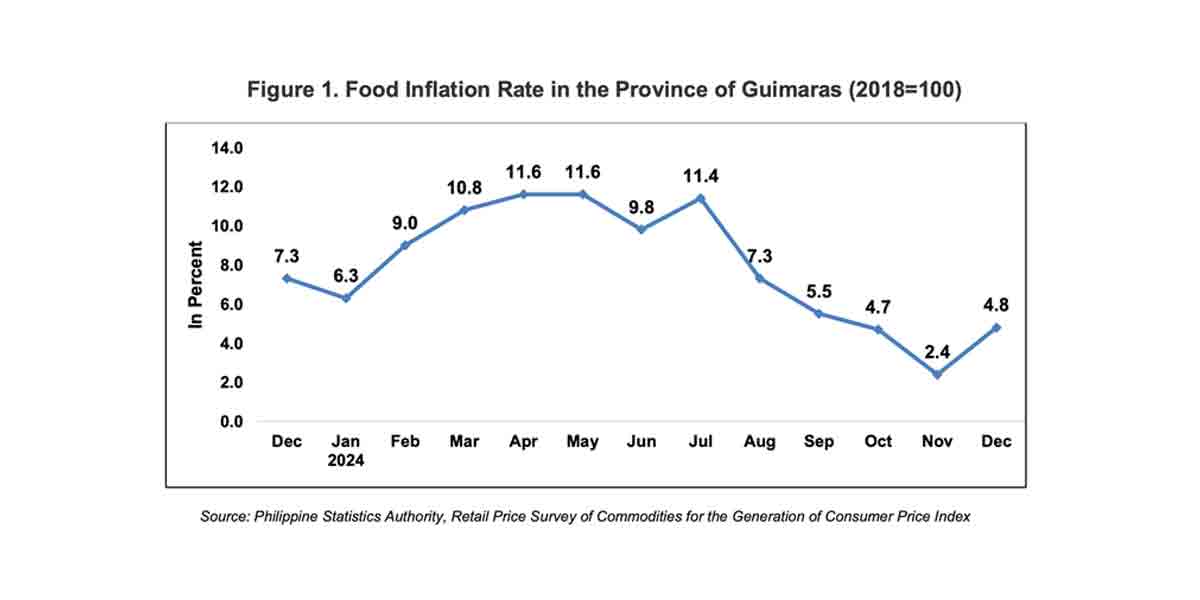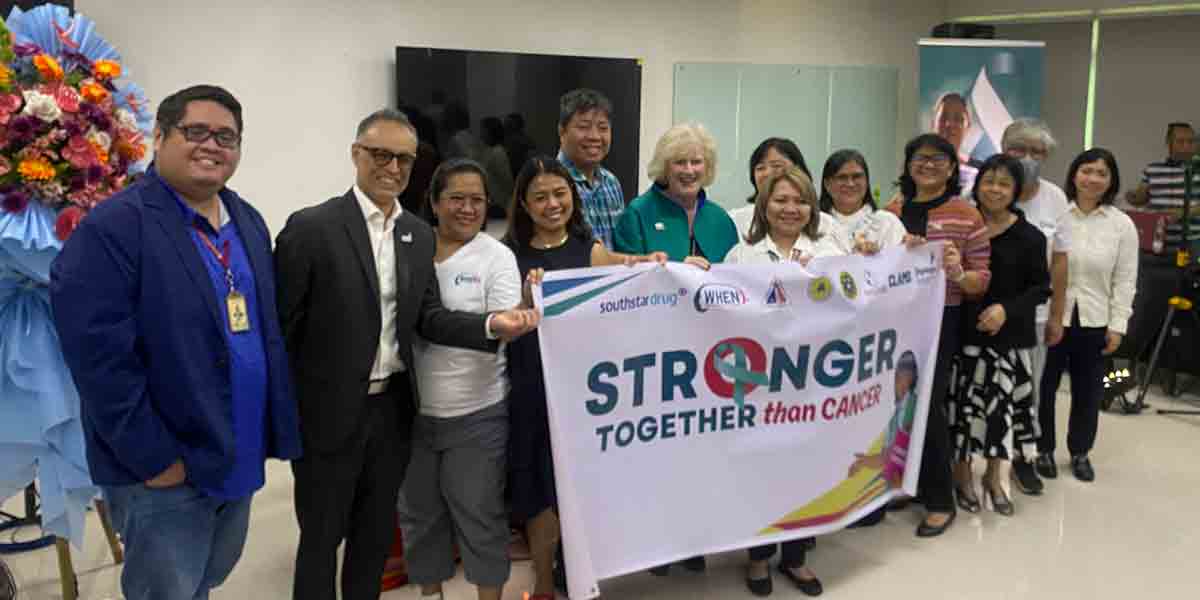
By Joseph Bernard A. Marzan
The Quezon City government launched its Community-Based Cervical Cancer Screening program on Wednesday, January 15, aiming to raise awareness and enhance prevention efforts for cervical cancer among its residents.
The program, set to formally begin in February, will employ two key strategies: Human Papilloma Virus (HPV) DNA tests available at participating SouthStar Drug outlets for women aged 30 to 49 years.
Dr. Karen See, cancer coordinator at the Quezon City Health Department, announced that self-testing kits purchased by the city government will be available by mid-2024.
These initiatives supplement the city’s expanded cervical cancer screening services, which include HPV vaccination for girls aged 9 to 14, visual inspection with acetic acid (VIA), and Pap smear tests for women aged 50 and above.
Positive results from these screenings do not confirm cervical cancer but indicate a high risk of developing the disease.
Women with positive results will be advised to undergo thermal ablation intervention, a minimally invasive procedure that uses heat or extreme cold to destroy tumor cells.
Those with persistent abnormalities will be referred to partner hospitals for further evaluation and treatment.
The program is a collaborative effort involving the Department of Health-Metro Manila Center for Health Development (DOH-MMCHD), Jhpiego Philippines, SouthStar Drug, and Women Workers for Health Empowerment Network.
Acting Assistant City Health Officer Dr. Maria Lourdes Eleria highlighted the initiative as part of Quezon City’s broader cancer prevention efforts under City Ordinance No. SP-3285, Series of 2024.
The ordinance established the Quezon City Integrated Cancer Control Program, a localized version of Republic Act No. 11215 (National Integrated Cancer Control Act), signed into law by former President Rodrigo Duterte in 2019.
“We’re starting with cervical cancer, but our goal is to address all types of cancer and prevent them from increasing. Public health focuses on prevention, identifying triggers or predisposing factors, and addressing them early,” Eleria said.
“This initiative is part of our commitment to helping QCitizens avoid cancer through available preventive measures,” she added.
Jhpiego Philippines country manager Ingrid Magnata said the program seeks to create a “ripple effect” that will inspire similar initiatives nationwide.
“Our goal is to amplify awareness about this public health issue. Up to 12 women die every day from cervical cancer. What’s tragic is that cervical cancer is preventable, treatable, and can be eliminated. We want to emphasize that the necessary modalities to achieve this are already available in the country,” Magnata said.



















